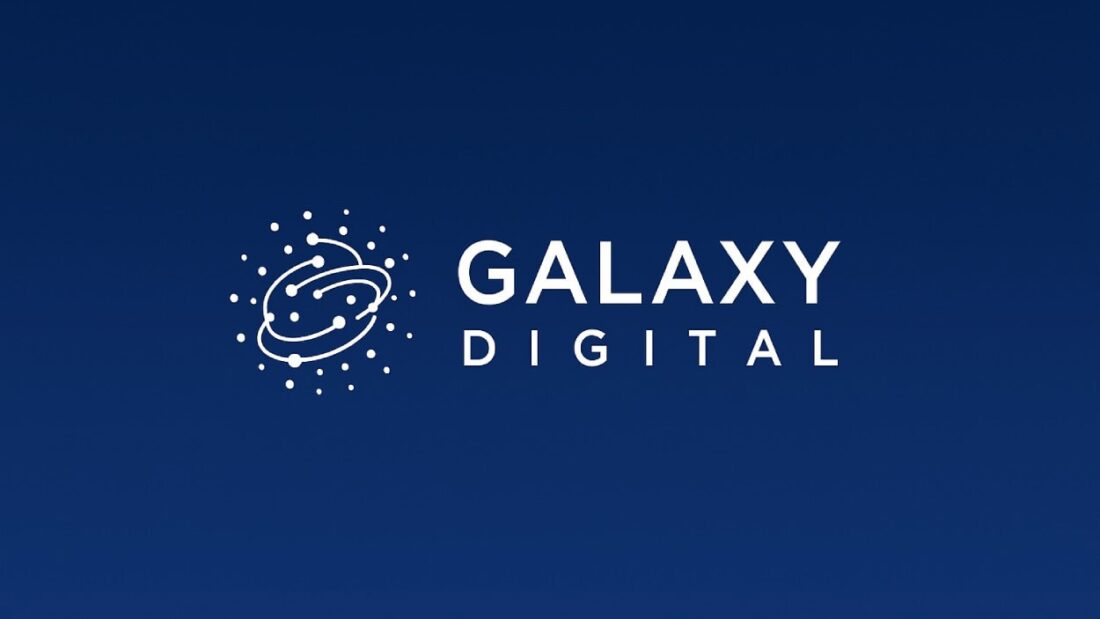Galaxy Digital is exploring a market-making role on Polymarket and Kalshi as institutional capital begins flowing into real-world event prediction markets.
Key Takeaways
- Galaxy Digital is in discussions with Polymarket and Kalshi to act as a liquidity provider, a move that could deepen trading volumes on both platforms.
- Prediction markets are gaining mainstream traction, with $42.4 billion in cumulative volume and growing support from tech giants like Google.
- Regulatory progress and major funding rounds have helped Polymarket and Kalshi attract institutional players such as Jump Trading and Susquehanna.
- Galaxy’s potential entry signals broader institutional acceptance, treating prediction markets as both financial instruments and informational tools.
What Happened?
Mike Novogratz’s Galaxy Digital is in early talks to become a market maker on prediction platforms Polymarket and Kalshi. These platforms, which allow users to bet on real-world outcomes, have seen explosive growth in trading volume and investor interest. Novogratz confirmed that Galaxy is currently conducting small-scale experiments but aims to provide “broader liquidity” in the near future.
Bloomberg reports that Galaxy Digital CEO Mike Novogratz says the firm is in talks with Polymarket and Kalshi to provide liquidity in prediction markets, having already begun small-scale market-making experiments with plans to expand. Jump Trading has also quietly started making…
— Wu Blockchain (@WuBlockchain) November 25, 2025
Galaxy Digital’s Push into Prediction Markets
Galaxy Digital, known for its crypto infrastructure and institutional services, is considering regularly posting bids and offers on Polymarket and Kalshi. Acting as a market maker would mean the firm helps maintain smooth trading activity by providing continuous two-way quotes, reducing price volatility and tightening spreads.
In a recent interview, Novogratz said Galaxy is “doing some small-scale experimenting with market-making on prediction markets” and added, “you’ll eventually see us providing broader liquidity.” His comments reflect growing institutional interest in the evolving landscape of event-driven financial markets.
Why Prediction Markets Are Growing Fast?
Platforms like Polymarket and Kalshi let users speculate on outcomes ranging from political elections to sports scores and economic reports. Unlike sportsbooks, these platforms run on peer-to-peer models where traders must match opposing positions, making liquidity providers essential to a smooth user experience.
Recent developments have fueled the sector’s growth:
- Google Finance and Google Search will soon integrate live prediction data from Polymarket and Kalshi, bringing market-driven insights to a much broader audience.
- Kalshi raised $1 billion at an $11 billion valuation, led by Sequoia and CapitalG, as it expands into consumer-friendly markets.
- Polymarket is preparing for a new funding round that could value it as high as $15 billion, following a $2 billion investment from ICE, the parent of the NYSE.
These platforms currently handle 97 percent of all global prediction market volume, with more than $42.4 billion in cumulative trading activity. The 2024 U.S. election cycle alone brought in $3.5 billion in volume for Polymarket, surpassing figures seen on major sportsbooks.
Institutional Interest and Regulatory Tailwinds
For years, prediction markets were considered too small for major institutional players. But that is changing rapidly. Susquehanna International Group has confirmed its role as a market maker on Kalshi, and Jump Trading recently joined the platform as well.
Kalshi also runs an internal market-making desk, while Polymarket has begun live testing a U.S. version of its platform, opening access to a broader audience after its acquisition of the CFTC-licensed QCEX exchange.
Regulatory progress has played a major role:
- Kalshi received CFTC approval for election-based contracts and is expanding into new event types.
- Polymarket’s acquisition of QCEX and resolution of a DOJ inquiry have strengthened its legal standing in the U.S.
CoinLaw’s Takeaway
In my experience, when institutional players like Galaxy Digital enter niche markets, it’s a signal that something big is about to happen. Prediction markets have long been the underdog of financial tools, but this is no longer just a quirky crypto experiment. With regulators warming up, big capital moving in, and platforms like Google giving these markets mainstream visibility, this space is poised for a breakthrough. I found Galaxy’s timing particularly savvy. They are stepping in just as the sector becomes both credible and scalable.


































































